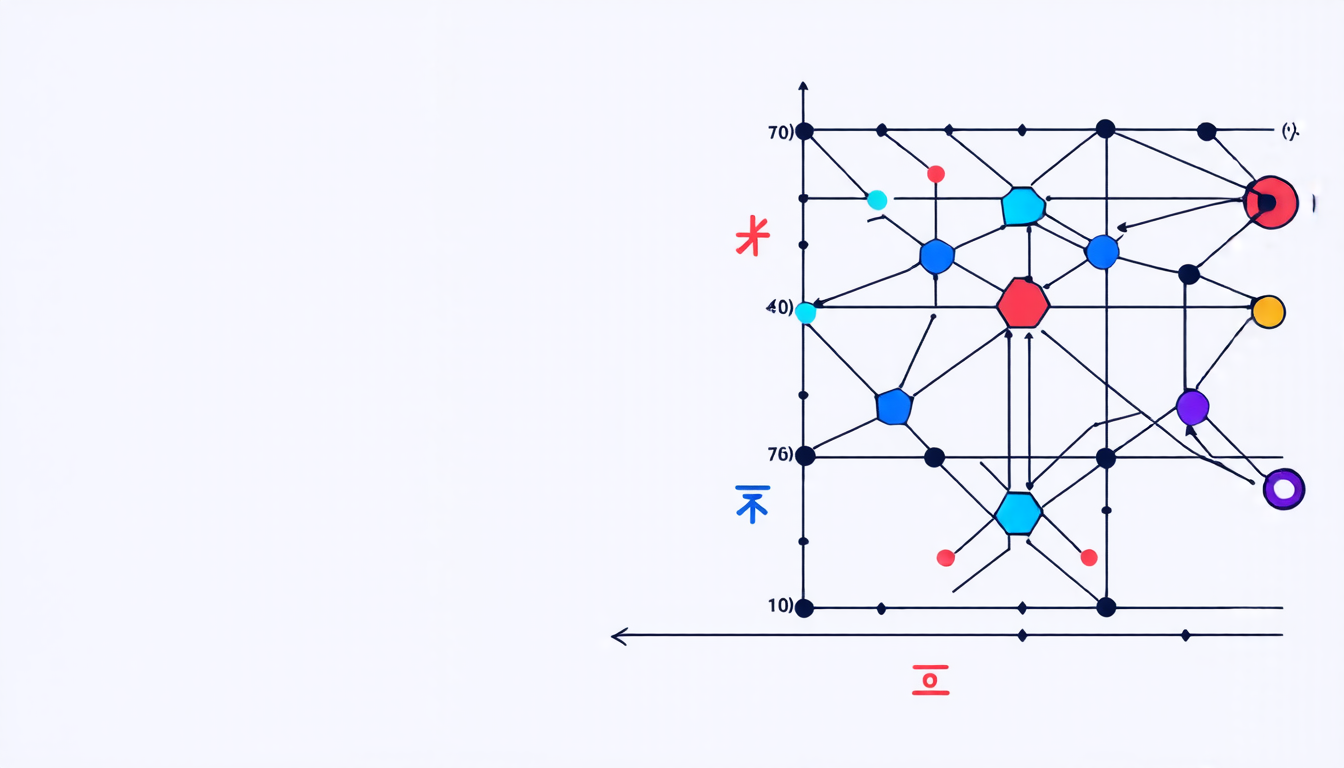Saturday 29 March 2025
In a fascinating exploration of the boundaries of computation, scientists have made significant strides in understanding how abstract algorithms can be applied to complex mathematical structures. The research has far-reaching implications for our comprehension of computability and its relationship to logic.
At the core of this study is the concept of BSS RAMs (Blum-Shub-Smale Random Access Machines), a theoretical model of computation that allows us to explore the limits of what can be computed using abstract algorithms. These machines operate on an arbitrary first-order structure, which is essentially a mathematical framework that defines the rules and relationships between elements.
By examining the properties of BSS RAMs, researchers have been able to identify patterns and connections between seemingly unrelated concepts in mathematics. For instance, they’ve discovered that certain classes of decision problems can be reduced to simpler forms, revealing underlying structures and relationships that were previously unknown.
One of the key findings is that the concept of computability can be extended beyond traditional models of computation, such as Turing machines, to encompass a broader range of mathematical structures. This has significant implications for our understanding of what it means to be computable, as well as the potential applications in areas like cryptography and coding theory.
The study also sheds light on the relationship between logic and computation, highlighting the importance of quantifiers in defining the boundaries of computability. Quantifiers are logical operators that allow us to express statements about collections of objects, and their role in determining what can be computed has been a long-standing problem in computer science.
By leveraging BSS RAMs as a theoretical framework, researchers have made progress in addressing this question, providing new insights into the nature of computability and its relationship to logic. The findings have far-reaching implications for our understanding of the fundamental limits of computation and the potential applications in various fields.
In addition to advancing our knowledge of computability, this research also has practical implications for the development of algorithms and computational models. By better understanding the underlying principles that govern computation, researchers can design more efficient and effective algorithms, with significant benefits for fields such as cryptography, coding theory, and artificial intelligence.
Overall, this study represents a significant step forward in our comprehension of computability and its relationship to logic, with far-reaching implications for both theoretical and practical applications.
Cite this article: “Pushing the Boundaries of Computation: New Insights into Computability and Logic”, The Science Archive, 2025.
Computability, Logic, Bss Rams, Abstract Algorithms, Mathematical Structures, Random Access Machines, Turing Machines, Cryptography, Coding Theory, Artificial Intelligence







